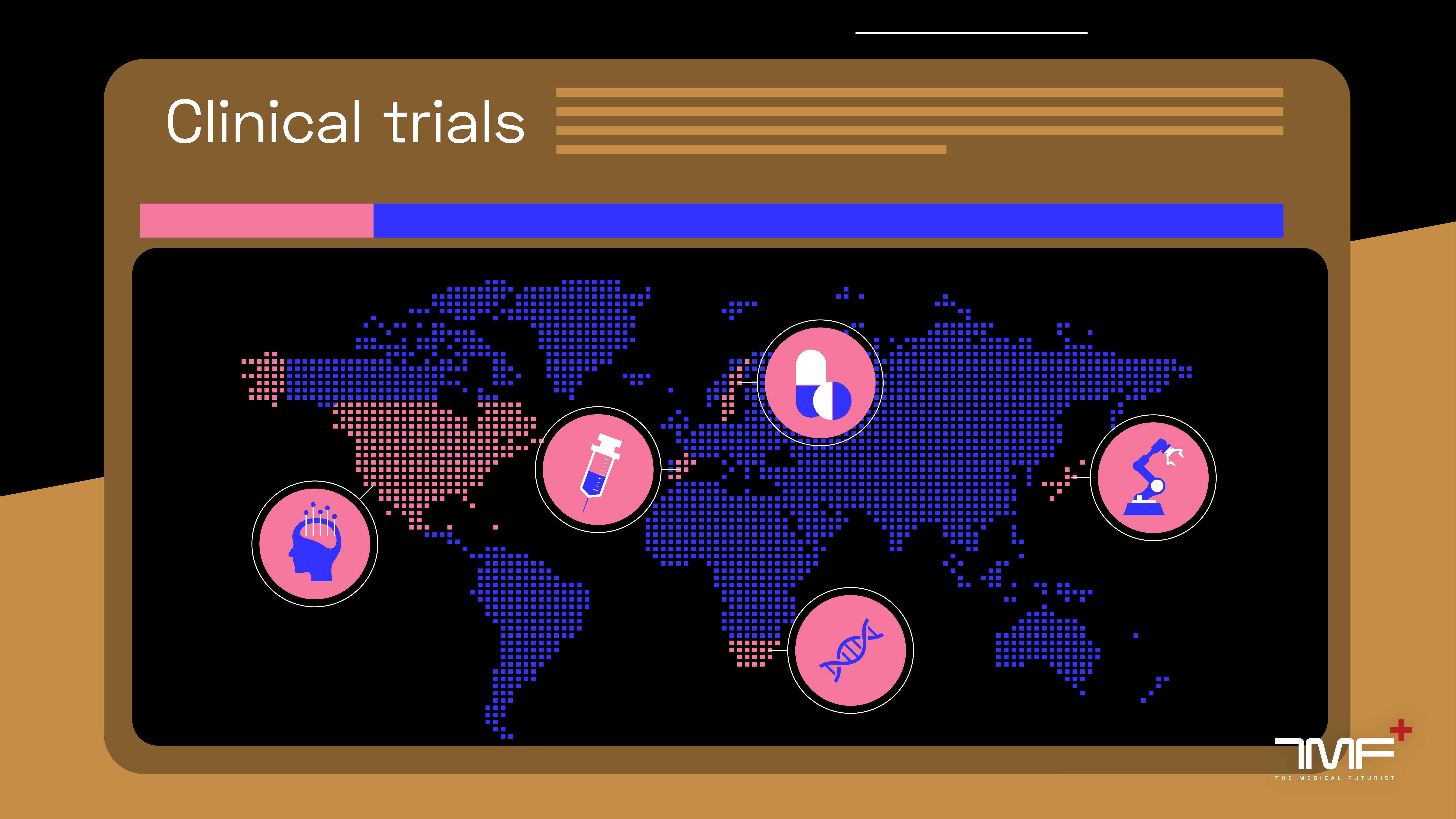AI Assistance In Clinical Trials: The Practical Opportunities

Clinical trials are costly and slow, have low success rates but are essential in improving healthcare. Let’s see the various ways AI can help the process.
With overall success rates under 8%, conducting clinical trials for drug development is a high-risk endeavour for pharmaceutical and biotechnology companies. However, the process is an essential part of providing and improving healthcare, as well as a crucial part of the pharmaceutical business. Considering the low success rates in this industry, improvements are evidently needed. Recent developments in the artificial intelligence (AI) field indicate that the technology could provide assistance in clinical trials.
We previously considered the long-term role of AI in clinical trials such as in developing artificial patients and predicting adverse events. In this article, we focus on the technology’s near-term, practical potential in assisting in improving the clinical trial process.
Read on medicalfuturist.com
Make faster decisions with community advice
- AI Gets Better At Writing Patient Histories When Physicians Engineer The Prompts
- New Study Evaluates Virtual Reality to Reduce Scanxiety in Brain Tumor Patients
- Revolutionizing Healthcare: Harnessing the Power of IoT Solutions for Improved Patient Outcomes
- Carrum Health Raises $45 Million Series B to Expand Cancer Care Offerings and Launch New Service Lines
- Ethical Guardrails Are Essential To Making Generative AI Work For Healthcare
Deploy this technology today
-
nQ Cortex
Matched with Medical Subject Headings (MeSH): Biomedical Technology, Healthcare IT News: Artificial Intelligence
- NLabviva Platform
- Labviva Platform
- AI Dermatologist Platform
- Armis Platform for Healthcare

